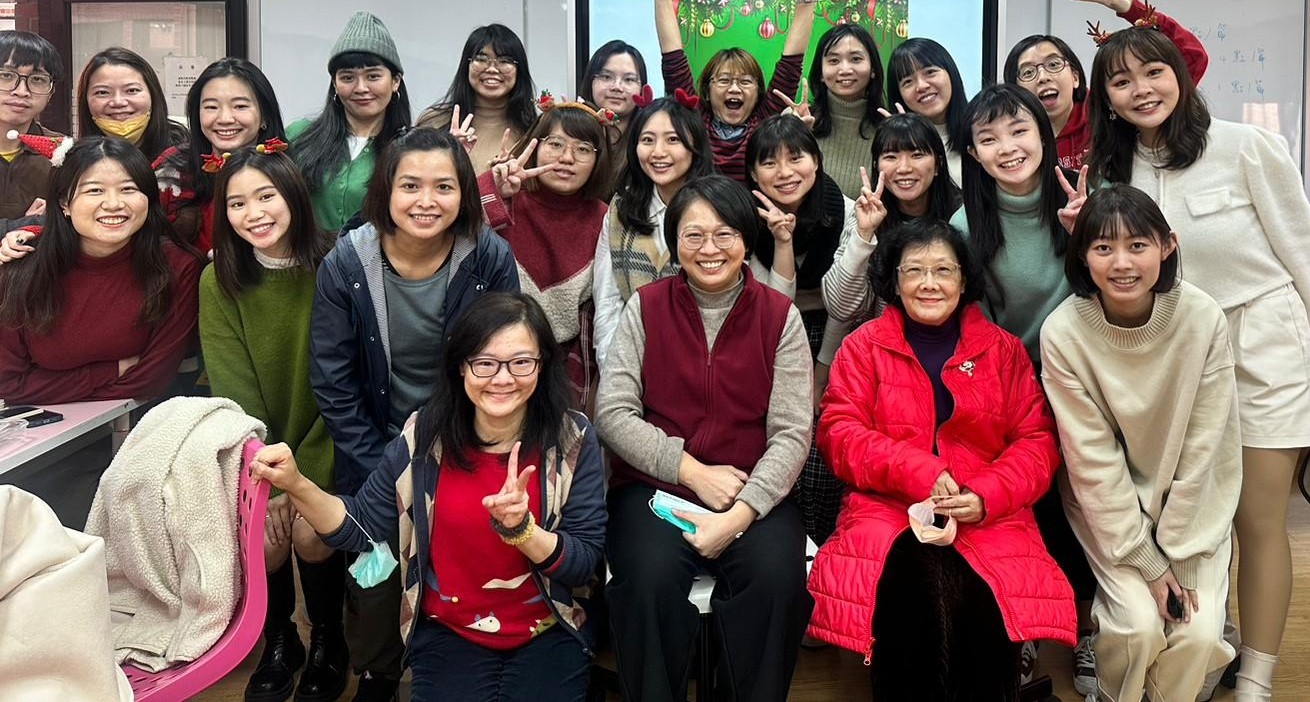View count:
34359
About CICT
About the Graduate School of Curriculum and Instructional Communications Technology
The Graduate School of Curriculum and Instructional Communications Technology (CICT) was established in August 2012 through the integration of two departments: the Institute of Curriculum and Instructional Research and the Institute of Educational Communications and Technology. It comprises four different programs, including the Doctoral Program, Master’s Program in Educational Communications and Technology, Master’s Program in Curriculum and Instruction, and In-Service Master’s Program in Curriculum, Instruction, and Learning Technology.
The merger of these two departments aims to consolidate knowledge from four major areas: curriculum, instruction, media communication, and information technology. The institute’s main goal is to cultivate professionals who possess a blend of technological and humanistic perspectives, proficiency in curriculum development, instructional design, teaching and assessment methods, and expertise in the application of education, technology, and multimedia design.
I. Objectives of CICT
1.Cultivate research literacy in the fields of curriculum development and instructional technology.
2.Foster the ability to design and implement curriculum and instruction effectively.
3.Develop professional competence in educational technology resource development and application.
4.Cultivate expertise in digital media design.
5.Enhance high-level thinking, communication, and collaboration skills required for team research, development, and project execution.
II. Development Directions:
1.Strengthen international comparative research to promote academic exchanges and cooperation on an international level.
2.Devote efforts to develop curriculum, teaching materials, and digital instructional resources suited for local contexts.
3.Establish collaborations with businesses and social institutions to enhance the integration of theory and practical abilities.
4.Implement effective use of technology in curriculum and instructional design.
III. Programs:
This institute comprises 4 different programs: (Please refer to individual descriptions for more details)
1.Ph.D. Program in Curriculum and Instructional Communications Technology (divided into Curriculum and Instructional Program and Instructional Communications Technology Program)
2.Master’s Program in Educational Communication and Technology
3.Master’s Program in Curriculum and Instruction
4.Master’s In-Service Program in Curriculum, Instruction, and Learning Technology- Enrolling from the 110th academic year onwards.
IV Graduates’ Employment and Development:
1.Doctoral graduates can serve as educational researchers or university professors. Our program confers a Ph.D. degree, and graduates can pursue careers as researchers in educational institutions focusing on curriculum and instruction, educational technology, digital learning, educational assessment, and testing. Alternatively, they can become faculty members in relevant departments at universities.
2.Serving as primary and secondary school teachers. Our program specializes in school curriculum development, teacher instructional methods, curriculum leadership, and management. Students aspiring to become primary school teachers can enroll in our elementary teacher education program to obtain teaching qualifications.
3.Engaging in instructional material design and research. We offer courses in digital instructional material design, digital learning resource development, multimedia design, multimedia resource research, multimedia planning, and editing. Graduates can work as research and design professionals in various digital content industries, such as digital learning design companies, digital advertising agencies, and digital game design companies.
4.Personnel in the education training departments of corporate organizations. Our program integrates courses in curriculum planning, instructional design, curriculum management, and information technology. Students will acquire the necessary skills in curriculum planning and management, instructional material development, project management, and more, enabling them to work in education training departments of various corporate organizations, county and city teacher training centers (subject to passing civil service exams), museums, and other educational training institutions.
5.Serving as information department heads and system administrators in primary and secondary schools. Information system specialists in primary and secondary schools primarily support the technological needs for school administration and instruction. Our program combines practical teaching experience with the cultivation of educational technology and information technology competencies, making the talent we nurture better suited for the specific requirements of primary and secondary schools compared to general computer science programs.
6.Working as IT professionals. Through the cultivation of educational technology and information technology skills, our program equips students with the necessary technical expertise to serve as programmers, system analysts, and developers in various companies.
























